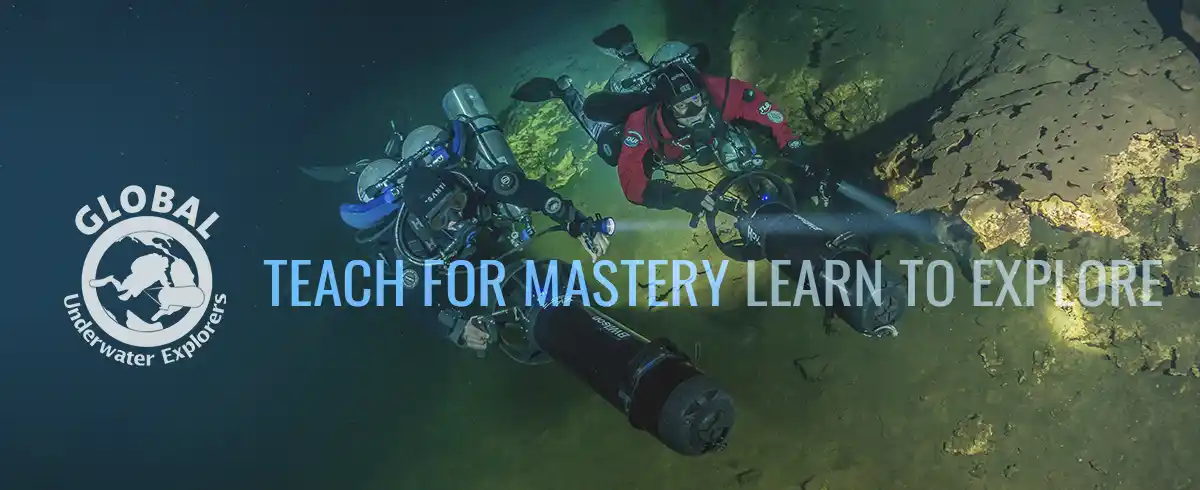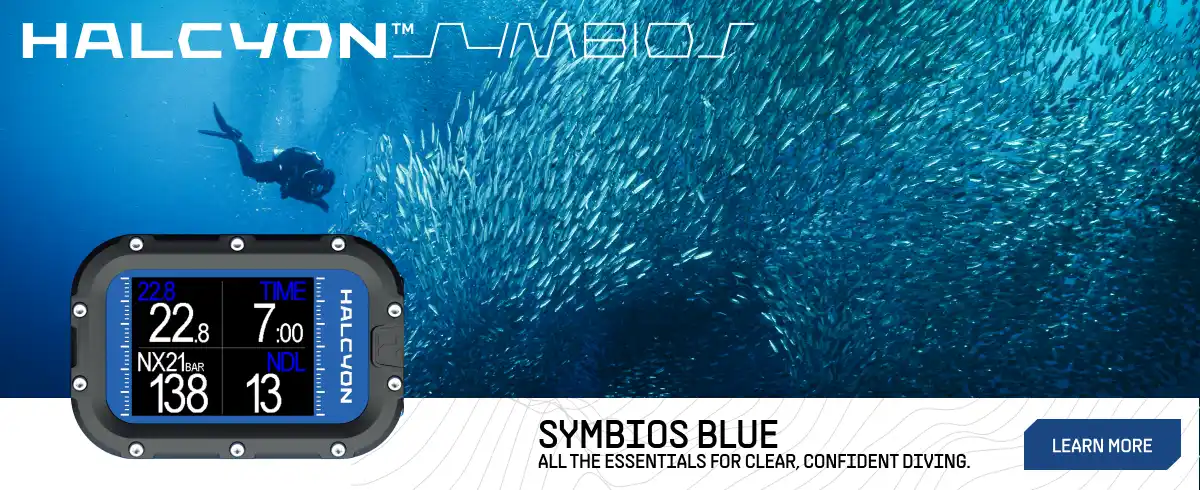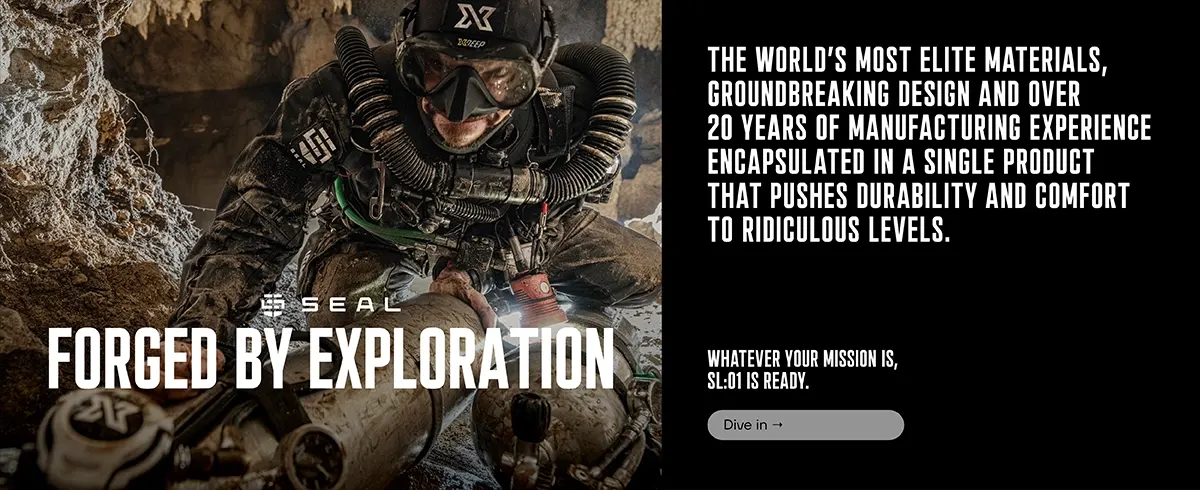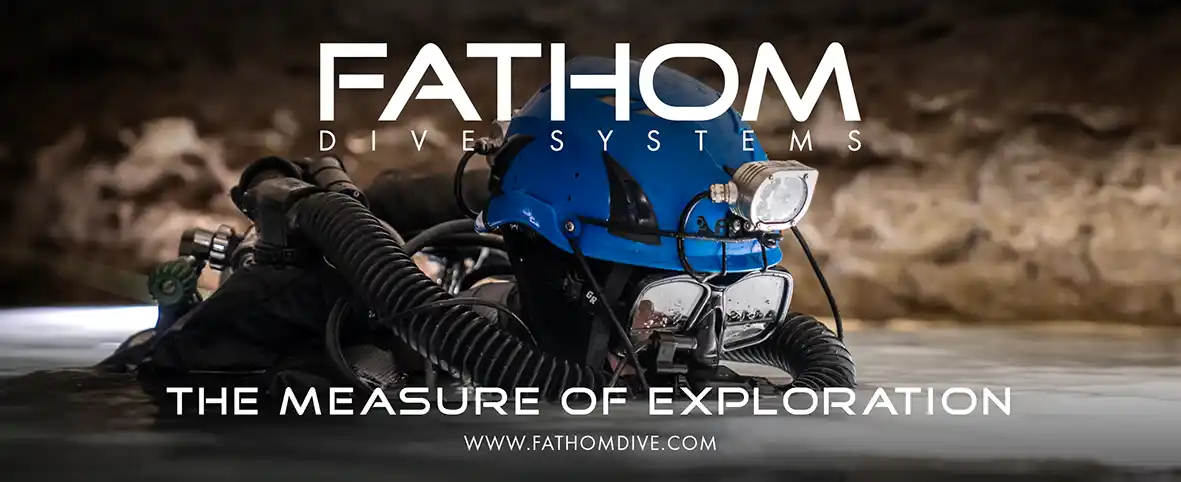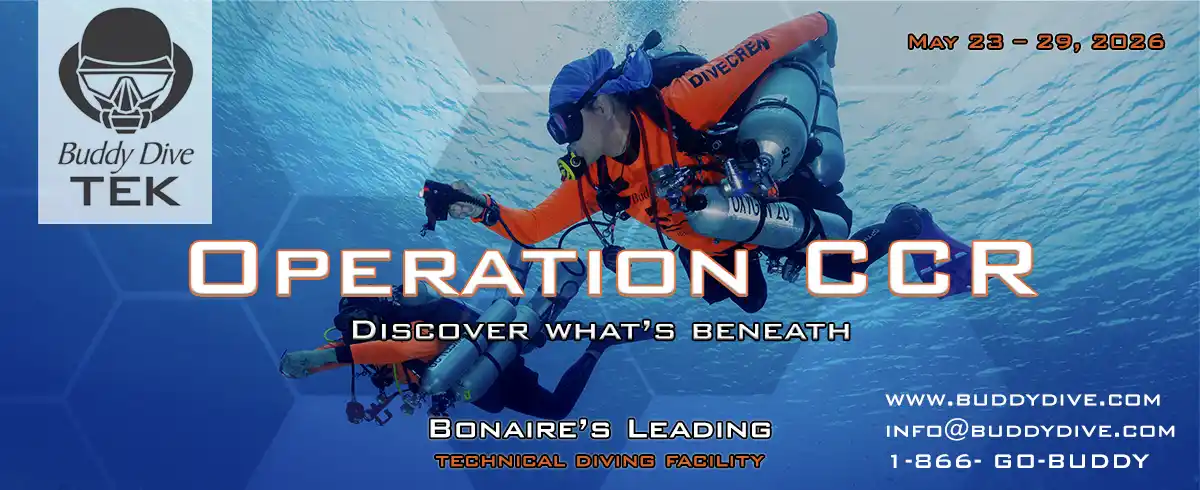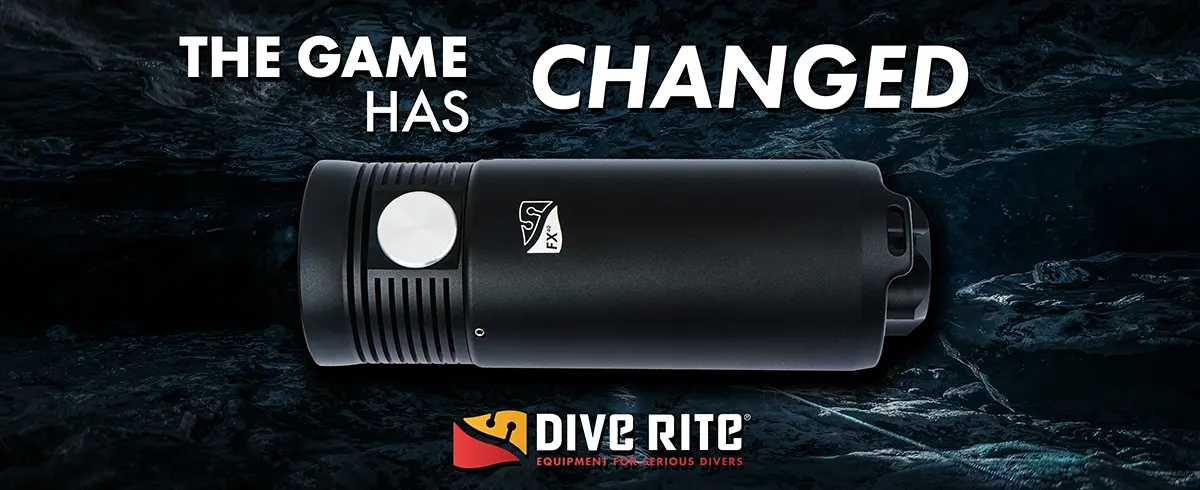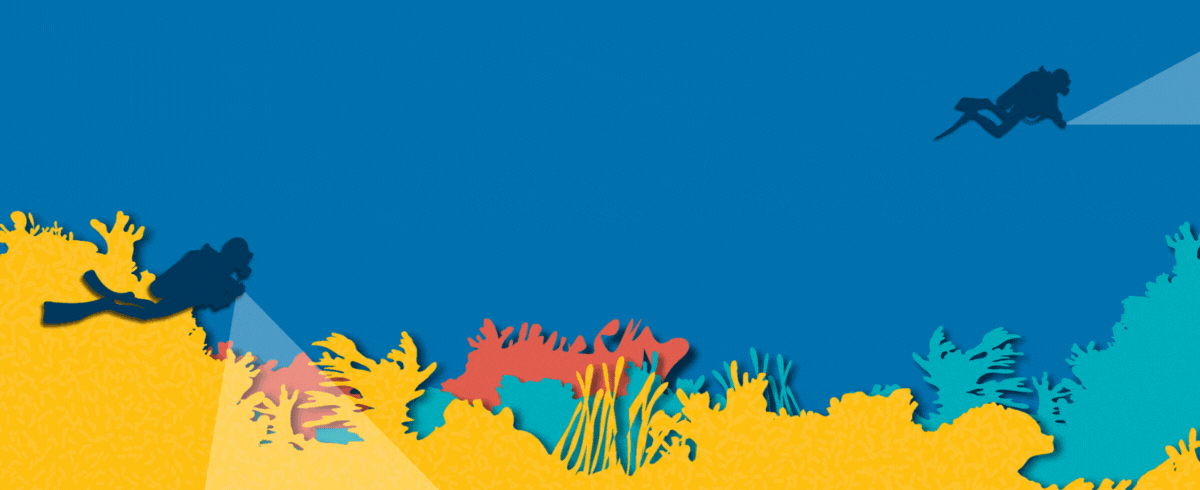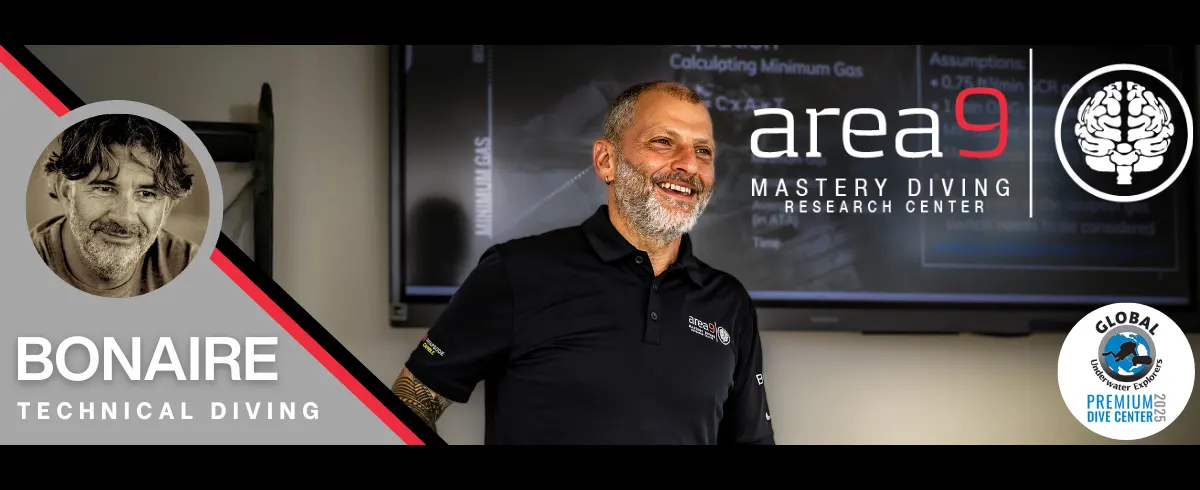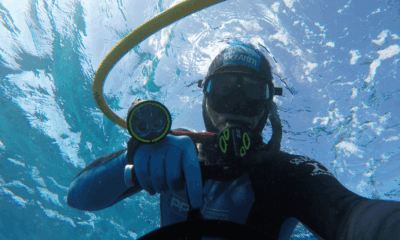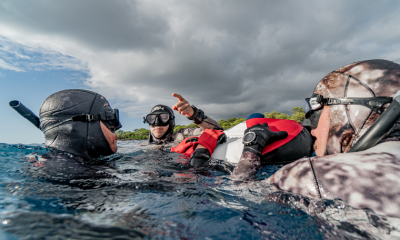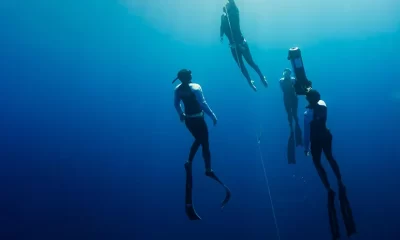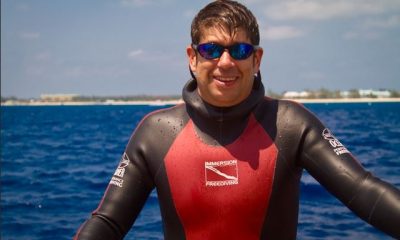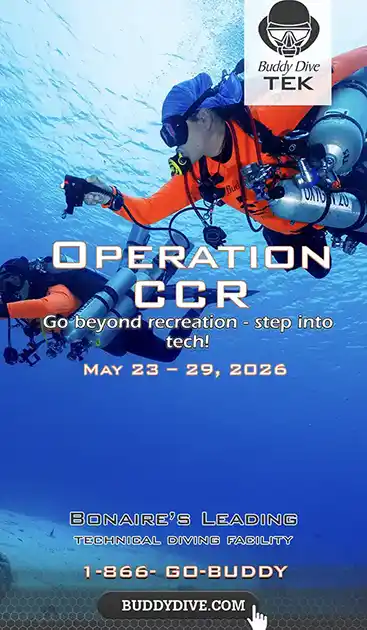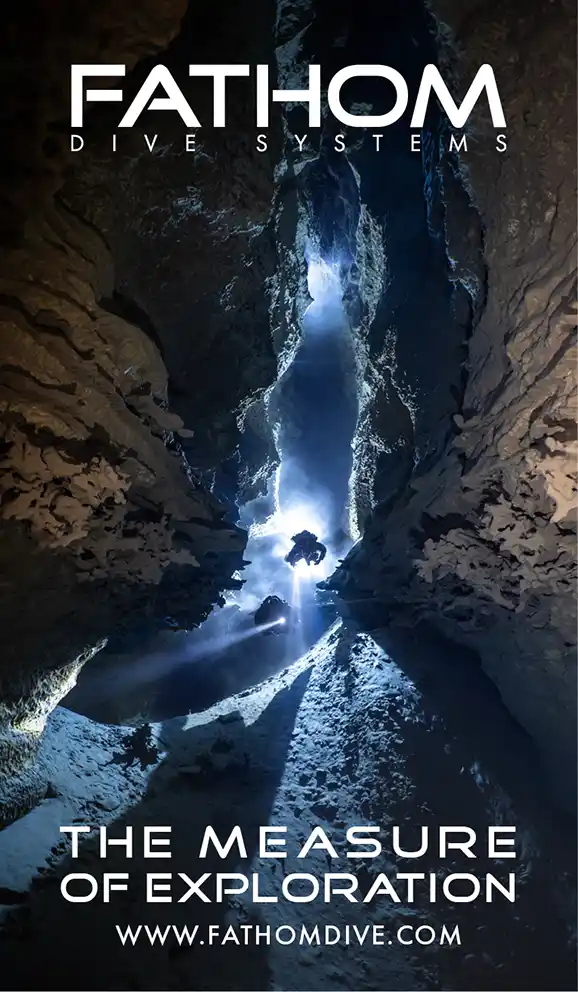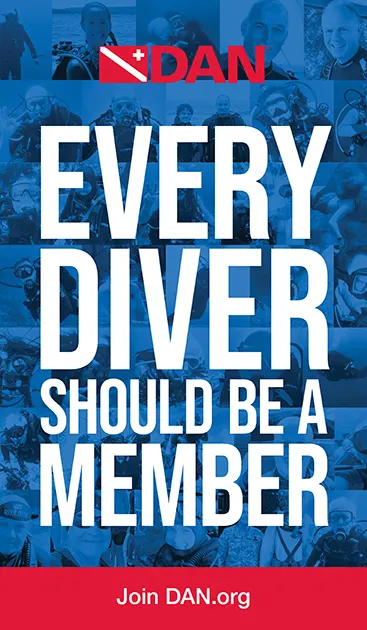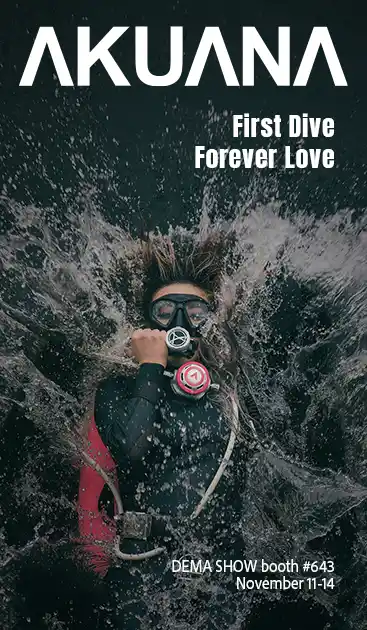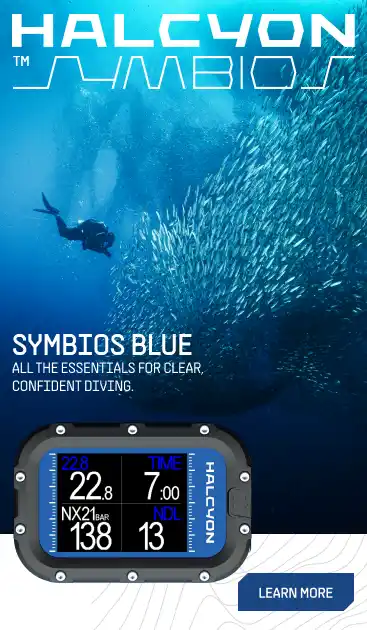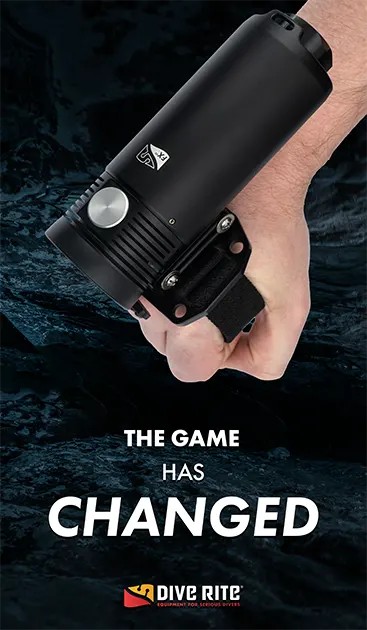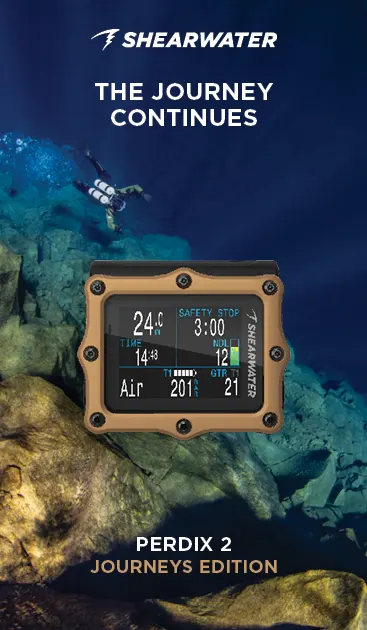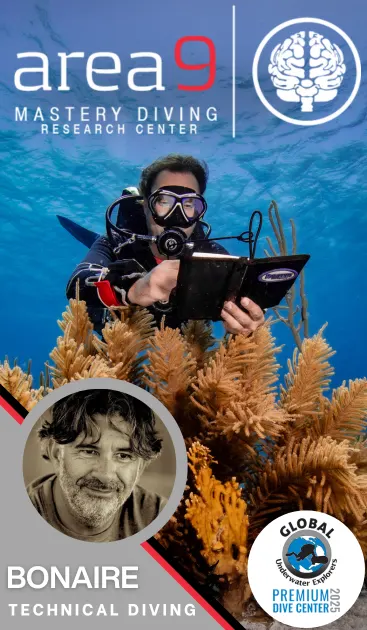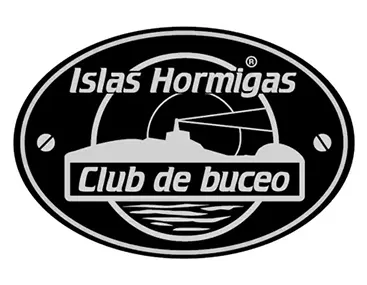
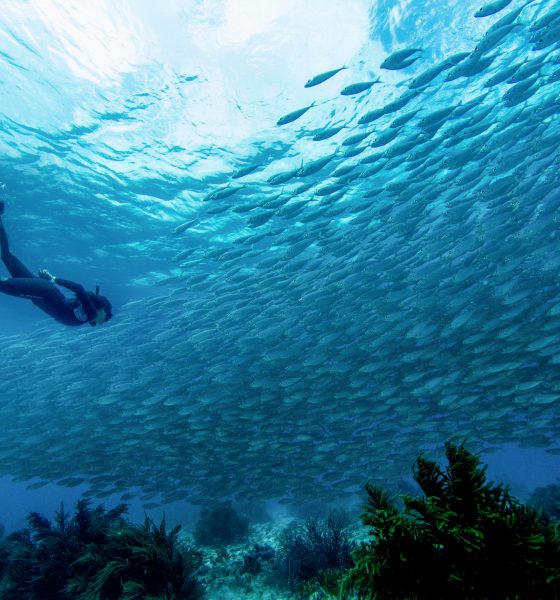
Freediving
A Most Common Ear Injury Most Divers Have Never Heard Of
Freediving instructor trainer and coach Ted Harty discusses the ear injury that most scuba and freedivers have likely suffered and didn’t even know what to call it. Just say, Klaatu Barada…er, Barotitis Media?
by Ted Harty
Header image by Lorenzo Mittiga

I’m going to share with you what is, in my opinion, the most common ear injury in diving; it’s so common that many people, myself included, didn’t even realize it was a diving injury.
By way of background, my name is Ted Harty and I’m the founder of Immersion Freediving, my pride and joy Freediving Safety, and my new podcast Freedive Live. I’m a Performance Freediving International (PFI) Instructor Trainer, PADI Staff Instructor, and competitive freediver. I’m also a past USA Freediving Record Holder, and I’ve been involved as a freediving and scuba instructor since 2005.
When I give a presentation to a group of divers (scuba or freedivers) I often start with the following prompts:
- Raise your hand if you have ever felt like there was water in your ear that will not come out after a dive.
- Raise your hand if you have ever noticed your hearing in one or both ears feels muffled after a dive.
- Raise your hand if you have ever noticed that if you go diving 2-3 days in a row it gets harder and harder to equalize.
If I have a hundred people in the audience I expect to see at least ninety hands raised.

As a dive instructor this used to happen to me all the time. I’d get back on the boat and feel like there was water in my ear. I’d start banging my head to try to get the water out. The captain would tell me, “no, no, you have to jump up and down and hit on the other side of the head and then knock it out.” My captains were always so helpful!
It wouldn’t work, and I couldn’t get the water out, so I go buy some Swim-EAR; it says it gets the water out right on the bottle. I’d use it but that wouldn’t work either.

I’d often notice on the boat trip back to the dive shop my hearing was muffled in the same ear. When I would get home and go to bed, I’d think, I’m gonna get this water out, I’m going to sleep with that ear down so the water can drain out. What I didn’t know is the reason none of this worked was because it wasn’t water in my ear.

The Most Common Ear Injury in Diving: Barotitis Media.
I was regularly getting barotitis media, but I had no idea what it was, or that it was an ear injury. Had I gone to an Ears, Nose & Throat (ENT) doctor, they would have scoped my ear and said the blood vessels in my eardrum were enlarged, and told me I have barotitis media.
The Swim-EAR wouldn’t work because there was blood in my eardrum, not water in my ear. It was actually blood in my tympanic membrane (eardrum). In fact, instead of putting the bad ear down when I was sleeping, I should have placed my bad ear pointing up so the blood could drain down the eustachian tube.
As a busy dive instructor in the Florida Keys, I regularly dive 10-14 days straight. I frequently get the water-in-my-ear feeling, or feel my hearing muffled after diving; it happens to me all the time. In fact, if my students came to me complaining of water in their ears, I’d just tell them it was part of diving and not to worry.
I had no idea that this was an actual injury to my ears.

Why is This Happening?
Let’s go back to that same room of 100 divers. If I asked that same group “when do you equalize your ears?” I would expect most of them to say, “When I feel pain or pressure in my ears.”
Most people wait until they feel pain or pressure in their ears and use that as the cue to equalize. Let’s talk about what happens when you do this.
As you dive underwater, the water pressure pushes in on your ear drum. This causes it to bend in. This is what causes the feeling or pain or pressure. You then equalize (hopefully via the Frenzel Method of Equalization ) and then the ear drum goes back to normal. Then, as you keep descending, this happens again and again throughout your dive.
At some point your body says, “Hey, you are terrible at this; you shouldn’t be letting your eardrum bend in like that.” Then the body decides since you won’t take care of it, it will. Then the body fills the eardrum with fluid so that the eardrum is less flexible and won’t bend in as much. That fluid is, of course, blood.
That’s why the ENT will see the blood vessels inflamed when they scope your ear.
How to Stop This From Happening
The solution to stop this from happening is extremely simple. In fact, it’s so simple I’m sure you have heard it so many times it probably ceases to have any meaning.
Equalize BEFORE you feel pain or pressure in your ears. Equalize early and often.

My deepest freedive is 85 m/279 ft, and when I dive that deep I feel zero pain or pressure in my ears, which people find hard to believe. Considering that I equalize every other kick, how could I feel any pressure or pain at all?

This is even more important if you are a freediver. Consider how fast a freediver descends compared to a scuba diver and how many more descents a freediver makes compared to their scuba counterpart. I believe freediving is harder on the ears than scuba due to the number of fast ascents and descents.
If you notice it gets harder and harder to equalize after diving for multiple days, this is often why.
The bottom line is this: if you regularly feel like there is water in your ears, or if your hearing is muffled, or if you notice it gets harder to equalize after multiple days of diving, this is likely due to, in my opinion, the most common ear injury in diving: barotitis media. As always, I would suggest getting an ENT to look at the ear and follow their advice.
By the way, it is possible to just have water in your ears. But when divers tell me they have these symptoms and nothing fixes it, in my experience, it’s more than likely barotitis media. I’ve had water trapped behind some ear wax before and that, of course, actually is just water in the ear. Ear wax removal drops can fix that up if you suspect that.
Prevention is as simple as equalizing before you feel pain or pressure in your ears. Stop using pain or pressure as the cue to equalize. Equalize BEFORE you feel the need to equalize.
I’ve had hundreds of students say this one simple tip made a big difference in their diving. I hope you find that this helps!
Dive Deeper:
InDepth: Should Tech Divers Be Thinking More About Equalization —Like Freedivers Do? by Charly Stringer
InDepth: Is Freediving Safe by Ted Harty
Podcast: Freedive Live (or find it wherever you get your podcasts)
Immersion Freediving: Online Freediving Classes

Ted Harty began his professional underwater career as a Scuba Instructor for PADI, NAUI, and SSI in 2005. In 2008 he took his first freediving class with Performance Freediving International. After that course, he wanted to go freediving instead of scuba diving on his days off, and realized his passion was freediving. In 2009, Ted took PFI’s first official Instructor program, and immediately started working for PFI helping Kirk Krack and Mandy Rae-Kruckshank teach courses all across the USA.
Ted went to his first freediving competition in 2009 as an overweight, out of shape scuba instructor and progressed from 24-27 m/80-90 ft freediver to 54 m/177 ft in three weeks. After the experience he wondered what he could do if he actually started training. Since that time, he’s broken a USA Freediving record in 2011, won three freediving competitions, and was selected to be the captain of the USA Freediving team in 2012; his deepest dive is 85 m/279 ft.
Lately, Ted has been focusing on spreading his message of safe freediving through www.FreedivingSafety.com, which offers a free online course sharing ches in his in-person classes. He can be reached via Facebook, Instagram, Youtube, and Twitter, @ ImmersionFD. Email: tedharty@ImmersionFreediving.com

